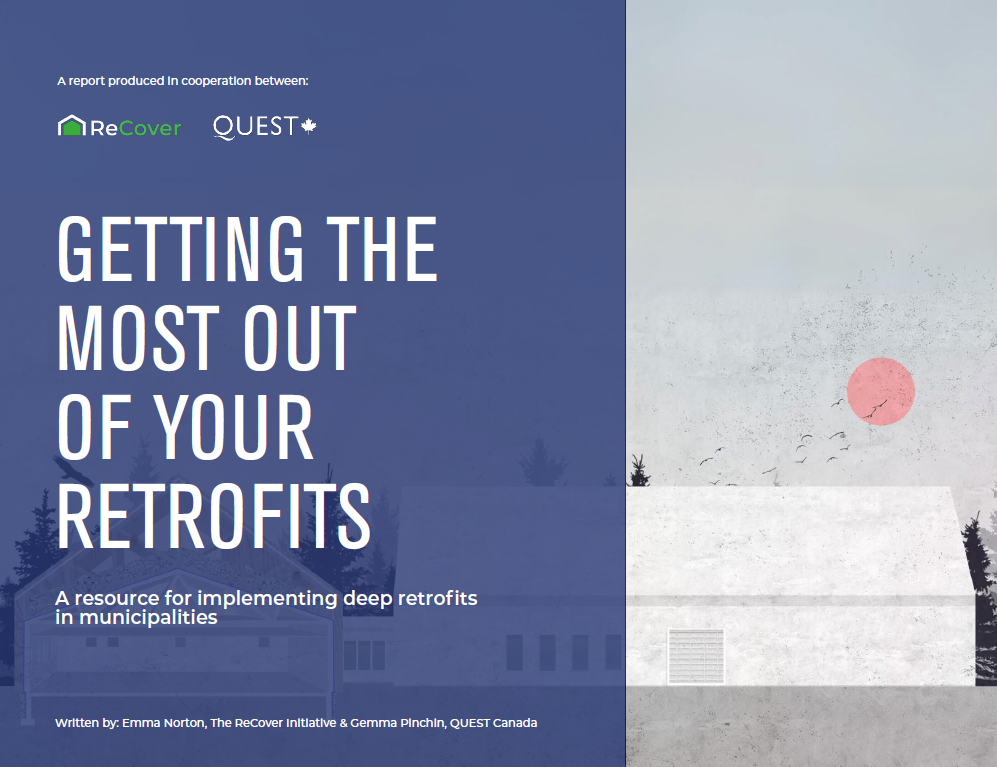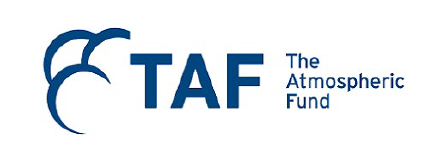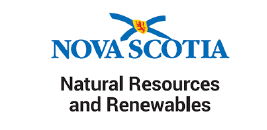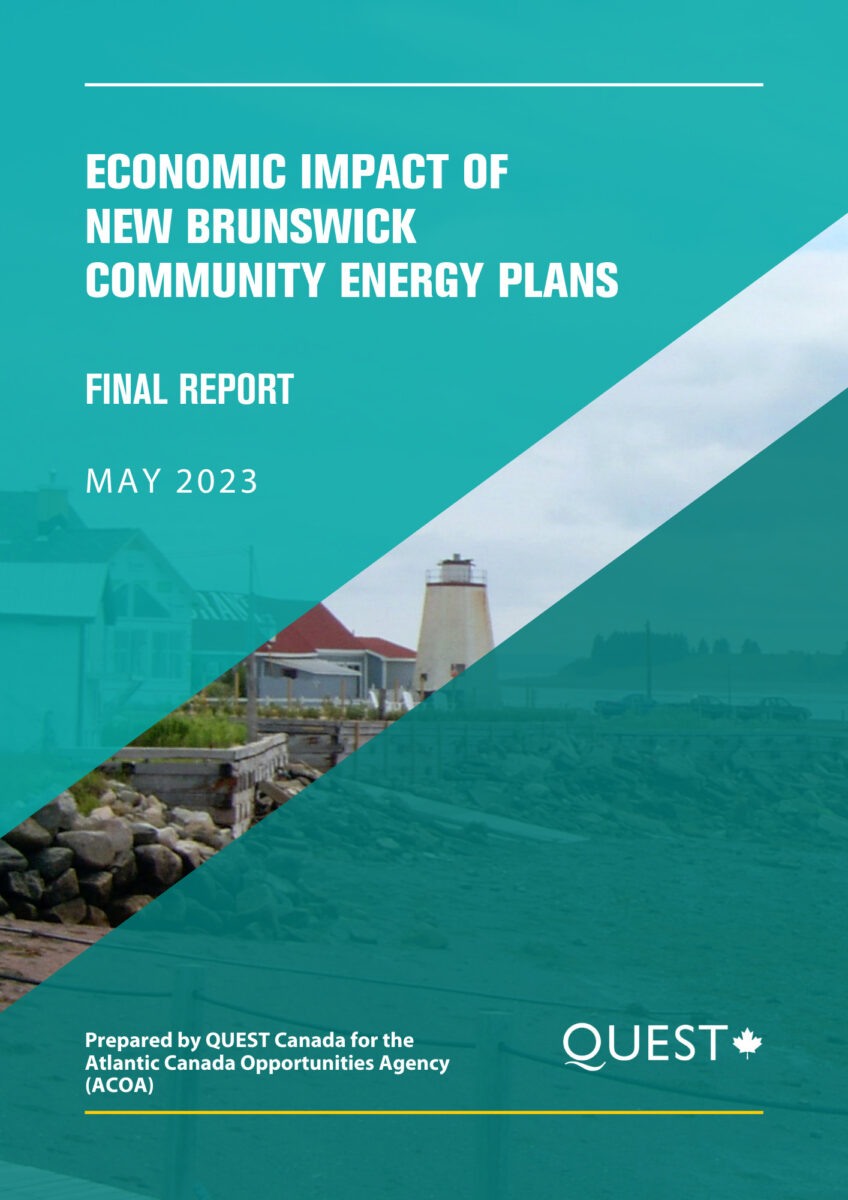Getting the Most Out of Your Retrofits
A Resource for Implementing Deep Retrofits in MunicipalitiesCould panelized retrofits bring Canada’s municipally owned buildings to net-zero carbon?
To do so, writes Emma Norton, Canada’s retrofit rate needs to be increased from 1% to closer to 12%. “When considering climate action, you might consider building new solar panels, wind turbines, and green fuel infrastructure. But,” Emma asks, “what about maintaining the infrastructure we already have?”
Les rénovations par panneaux pourraient-elles amener les bâtiments municipaux canadiens à zéro émission nette ?
Pour y parvenir, écrit Emma Norton, le taux de rénovation du Canada doit passer de 1 % à près de 12 %. « Lorsque vous envisagez de prendre des mesures pour le climat, vous pourriez envisager de construire de nouveaux panneaux solaires, des éoliennes et des infrastructures de carburant vert. Mais, demande Emma, qu’en est-il de l’entretien des infrastructures que nous avons déjà ? »
The Recover Initiative and QUEST Canada are proud to announce the publishing of Getting the Most Out of Your Retrofits, a new resource intended for staff of small-to-medium-sized municipalities tasked with significantly reducing energy and emissions.
The research and report offers guidance drawn from advice gathered from experts in the field, to assist municipal staffers in getting deep retrofit work off the ground in their municipality.
Written by Emma Norton et de la Gemma Pinchin, Getting the Most Out of Your Retrofits emphasises that incorporating other community priorities into retrofit work will help get everyone’s attention and get local citizens on board.
The deep retrofit space is growing, and creating jobs, which is a key avenue to reaching Canada’s net-zero targets. Municipalities can support this work by exploring alternative and new approaches to design and procurement.
L’initiative ReCover et QUEST Canada sont fiers d’annoncer la publication de Tirer le meilleur parti de vos rénovations énergétiques. Ce rapport a pour but de proposer un guide, basé sur les conseils d’experts dans ce domaine, afin d’aider le personnel municipal à démarrer ce travail dans leur municipalité.
Écrit par Emma Norton et Gemma Pinchin, Tirer le meilleur parti de vos rénovations énergétiques met l’accent sur une approche intégrée des projets. La présence de tous les acteurs concernés à la table des négociations dès le début peut s’avérer essentielle à la réussite des travaux de rénovation en majeure.
Les travaux de rénovation majeure sont l’occasion d’intégrer et de réaliser d’autres priorités communautaires essentielles. Le domaine des rénovations en profondeur se développe, et crée des emplois, ce qui constitue une voie clé pour atteindre les objectifs de carboneutralité du Canada. Les municipalités peuvent soutenir ce travail en explorant des approches alternatives et nouvelles en matière de conception et d’approvisionnement.
A joint project between: / Un rapport produit en partenariat entre :


Produced with funding from: / Réalisé avec le financement de :
More Resources
QUEST mène et prépare une recherche appliquée de pointe pour habiliter les praticiens et les décideurs avec les outils dont ils ont besoin pour faire progresser les communautés énergétiques intelligentes. En savoir plus sur nos projets:
Enabling Low-Carbon Energy Projects for Investment
A final report has been developed to help local governments and community borrowers overcome barriers to the low-carbon energy transition.
Enabling Low-Carbon Energy Projects for Investments
Communities in Canada are increasingly developing local, low-carbon energy projects, but many face road-blocks with regards to financing. Simultaneously, Canadian investors are seeking low-carbon investments, but are challenged to find local opportunities at scale for investment. The Enabling Low Carbon Energy Projects for Investment (ELCEPI) research project aims to offer recommendations and solutions to close these financing gaps, while connecting the barriers and enablers for investment to larger socio-economic issues.
Les retombées économiques des plans énergétiques communautaires au Nouveau-Brunswick
In 2021 the Atlantic Canada Opportunities Agency (ACOA) engaged QUEST Canada to review existing Community Energy Plans (CEPs, also known as Community Energy and Emissions Plans, Climate Action Plans, etc.) in the province of New Brunswick to determine the potential economic impact at the local and provincial level. QUEST Canada has extensively engaged with New Brunswick’s municipal governments, and their communities, for some time through its Smart Energy Communities Accelerator (SECA) program and has identified and secured collaboration with six communities to undertake an economic impact assessment: Quispamsis, Woodstock, Florenceville-Bristol, Perth-Andover, St. Stephen and Saint Andrews.








